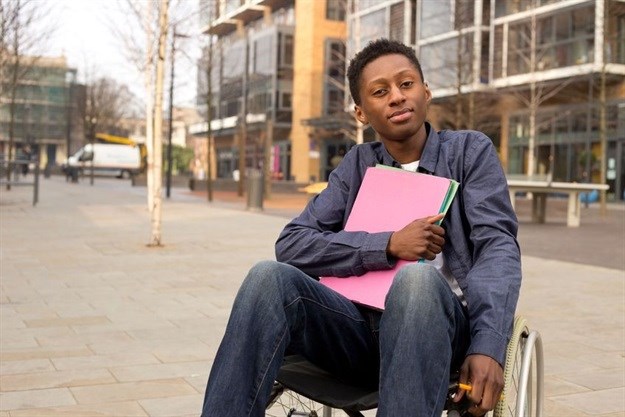






This is because only an estimated 5% of youth with disabilities matriculate every year, says Progression’s CEO Beth Cook.
“Giving more context, it is important to understand that the employable number within the particular target group of persons with disabilities in general constitutes less than 10% of the population of South Africa. Most of this very small pool of people have no work experience, limited education, no matric qualification and a lack self-confidence and social skills,” Cook explains.
This presents a conundrum for corporate South Africa when adhering to the employment equity requirements, as the number of people with disabilities who hold a matric qualification is minimal.
“Simply put, there are not enough matriculants with disabilities to fill up the vacancies reserved for them. Only considering learners who have achieved a matric often results in the ‘recycling’ of these learners. Not only does this prevent the learner from finding a permanent position, but it also excludes other learners with disabilities, who do not have a matric, but can still add value to an organisation,” says Cook.
Adding to the woes of South Africa’s youth is the poor quality of the country’s Grade 12 qualifications, when compared with other developing countries. In 2015 the World Economic Forum ranked South Africa 139 out of 143 when looking at the overall quality of its education system.
Cook says the problem is also systemic, with groups from disadvantaged backgrounds suffering the most.
“In many rural and township schools, the educators are not qualified to teach pupils with disabilities or special needs. It is apparent in the number of learners who drop out of the system before entering Grade 11 and Grade 12, that there are serious flaws in the current education system. According to Equal Education, South Africa’s official 2017 Matric pass rate of 75.1% is not a realistic number when considering other important circumstances, such as the large number of pupils who drop out before writing their matric exams,” Cook laments.
According to the Department of Basic Education’s latest Focus on Education report, grade 10 is the most repeated grade in South Africa. In 2015, 20.4% of learners registered for grade 10 were repeating it.
To better deal with these issues, Progression strongly recommends employers facilitate the development of learners from economically disadvantaged groups through learnership initiatives that do not require a matric qualification as a prerequisite for granting access into the workplace.
“With adequate training a learner from an economically disadvantaged background, who has achieved an NQF Level 2, 3 or 4, would be better equipped to enter the labour market than a below-average Grade 12 student. This approach is also more likely to achieve the demographic targets stipulated by the B-BBEE Codes. By sourcing from the pool of Grade 10 and 11 pupils, there would be more candidates to fill up posts and also take care all those pupils who are lost in the system when dropping out,” advises Cook.
“By identifying and coaching these individuals early in their development, we can address skills deficits in the country and grow the pool of in-demand graduates.
“Importantly, corporates can align themselves with B-BBEE policy by employing competent persons with disabilities. We advise them to consider people with disabilities, who do not have a matric, but have skills and enthusiasm, to be chosen for certain learnerships. Doing so also talks directly to the spirit of B-BBEE and Skills Development in South Africa,” concludes Cook.